FEFU Int. Admission Office:
+7 (423) 265 24 24
(ext. 2209)
association |
brief information |
year of joining |
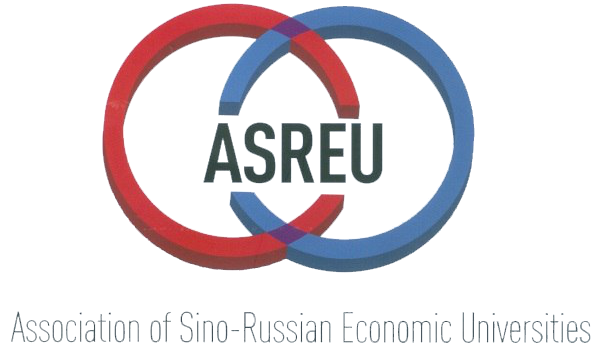 |
The purpose of the Association is to stimulate the scientific progress.
The main goal is: |
2013 |
 |
The Association of Global Universities, established in May 2015, is an association of Russian universities aiming to enhance their international competitiveness. The Association brings together 19 universities for reflection, synergy and action on common concerns in research and education.
Main goal of the Association is to act as a forum for consolidated action of member institutions enhancing their competitiveness in education, research, and innovation. The Association pursues the following objectives:
• assistance to the members of the Association with the implementation of their development programs; |
2015 |
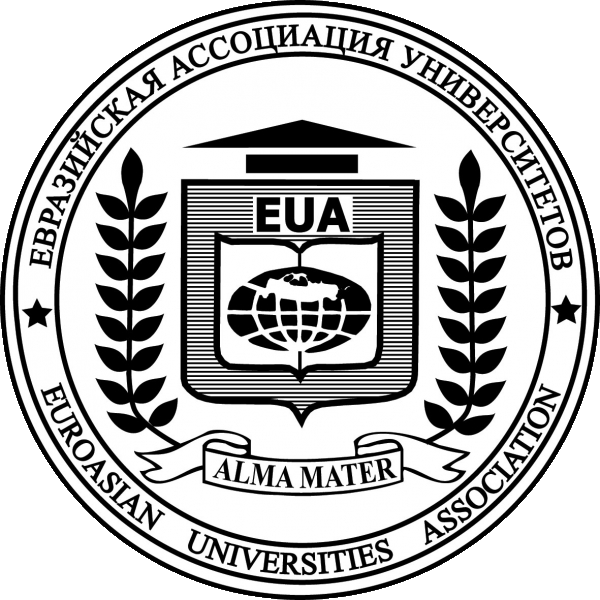 |
The Euroasian Universities Association (EUA) is the reputable international organization of universities uniting 128 national universities of the whole Commonwealth of Independent States (CIS), leading regional universities and higher educational institutions of the Eurasian region. The EUA is a unique public organization in the Eurasian region. During all 20 years of its operations the EUA has been aimed at implementation of the Eurasianism ideas in the sphere of education and science, maintenance and development of common educational environment and humanitarian collaboration, learning of international practices on reformation of higher education under specific conditions of new states’ establishment in the former Soviet Union. Exchange of experience, fruitful discussions among universities based on the principles of respect for the experience of each other became the important factor of further development of education and science in the Eurasian region and worldwide.
|
2002 |
|
|
The purpose of the Association is to promote socio-economic development of the Asia-Pacific region through the development of scientific, educational and cultural cooperation between the countries of the region. In its activities, the Association adheres to global academic and research standards.
As a network of leading research universities in the Asia-Pacific region, APRU aims to support the aspirations of its member universities and contribute to the development of the global community by:
|
1997 |
 |
Association of Japanese and Russian Universities — an organization with the participation of Russian and Japanese universities established to expand academic, scientific cooperation and development of academic mobility programs between Russian and Japanese universities.
|
2016 |
 |
IATRLL — is a non-governmental public association whose goal is to popularize, maintain, develop and study Russian language and literature as part of world culture.
Main objectives:
• promotes successful teaching of Russian language and literature, exchange of information and experience in the development and application of the most effective teaching methods and techniques; |
|
 |
ROPRYAL is the largest professional organization of Russian language and literature teachers in Russia, which unites the leading national centers of Russian studies and annually holds about 50 events at the federal and regional levels.
|
2020 |
 |
The interregional public organization "Asia-Pacific Association of Teachers of Russian Language and Literature" was established in October 2007 with the assistance of the "RUSSKIY MIR" Foundation.
The main goal of the Association is to promote the realization of state policy in the field of maintaining, developing and spreading the Russian literary language and Russian culture. The Association includes the Primorsky, Khabarovsk, Kamchatka and Birobidzhan branches. |
2007 |
|
|
The Association serves as a non-profit voluntary organization consolidation the universities of India and Russia. Any university or institute may join the Association with the consent of its current members.
Main Objectives of the Association:
• Assistance in academic mobility among its members; |
2015 |
 |
The Association's mission is:
|
2013 |
 |
Legal Information Network (ALIN) is a network of law schools, legal research institutes and government agencies in Asia that seeks to enhance the legal culture and legislative environment in the region through the exchange of legal information, experience and knowledge.
|
2012 |
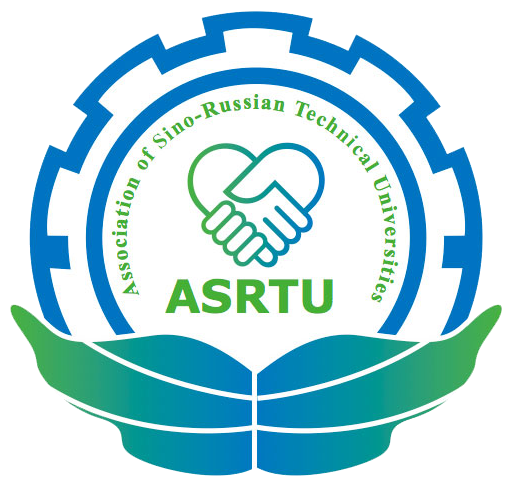 |
The goal of the ASRTU is integration and mutually beneficial exchange of resources of higher education institutions of Russia and China. The association is an important platform for exchanging the views between the governments of Russia and China, and serves as a think-tank for the development of appropriate political and development strategies. It stimulates the development of economy and research between the two countries and contributes to the development of innovation in the global economy.
|
2011 |
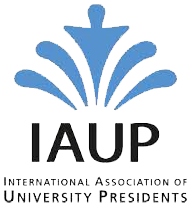 |
The primary purpose is to strengthen the international mission and quality of education of these institutions in an increasingly interdependent world, and to promote global awareness and competence as well as peace and international understanding through education. It is a unique worldwide platform that facilitates the exchange of professional experience through conferences, seminars, publications, and commissions.
|
2014 |
 |
Russia has been a permanent member of the UNESCO Executive Board since 1954 and is actively involved in the realization of UNESCO's priorities.
The Far Eastern Branch of the Russian Commission for UNESCO, one of the twelve regional branches of the Commission, was established at FEFU in May 1990. In 1998, UNESCO General Director Federico Mayor signed an Agreement on the establishment UNESCO Chair in Marine Ecology at FEFU. |
1998 |
 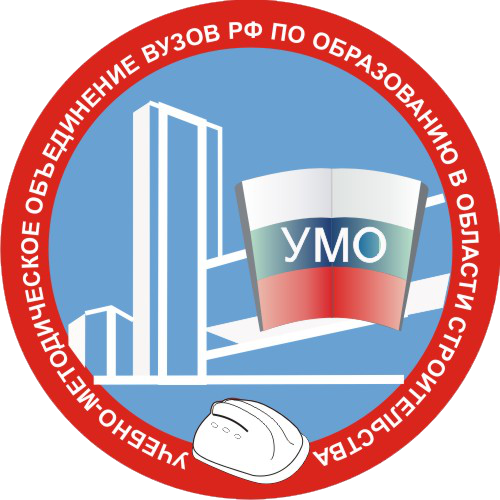
|
The purpose of the Association is to unite efforts and creative potential of employees of higher educational institutions, research institutes, enterprises and organizations to solve relevant organizational, scientific and methodological, scientific and technical, economic and social problems related to the improvement of higher construction education and the development of science, engineering and technology.
|
2002 |
 |
The University of the Arctic (UArctic) is a network of universities, colleges, research institutes, and other organizations concerned with education and research in and about the North.
UArctic builds and strengthens collective resources and infrastructures that enable member institutions to better serve their constituents and their regions. Through cooperation in education, research, and outreach we enhance human capacity in the North, promote viable communities and sustainable economies, and forge global partnerships. Created through the Arctic Council, UArctic is committed to upholding its principles of sustainable development as well as the United Nations Sustainable Development Goals. UArctic is constituted as an international association based in Finland. |
2015 |
 |
UBI Global is an innovation company and community founded in 2013 in Stockholm, Sweden to identify where innovation centers are located around the world and to learn and share what makes them successful.
Every two years, UBI Global conducts a World Benchmark Study for business incubators and gas pedals and assists these programs with evaluating their performance, communicating best practices, and being recognized globally. The organization's partner network consists of 700 incubation programs, most of which are associated with universities and other centers of excellence. These members represent 20,000+ startups and are located in 70 countries. Russkiy Technopark, established by FEFU together with the Skolkovo Foundation, became a full member of the UBI Global community in 2019. |
2019 |
 |
The Association of Law Schools of the Shanghai Cooperation Organization countries plays an important role in strengthening the rule of law in the region and training international lawyers within the SCO.
|
2022 |